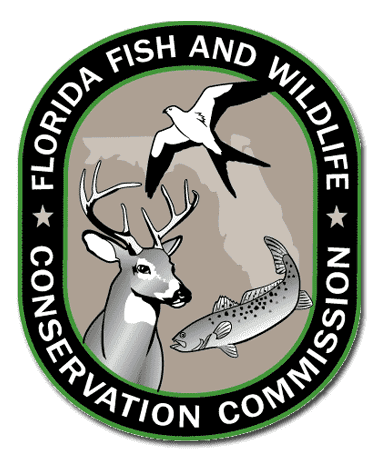South Florida Restoration Project to Benefit Fish, Anglers

A restoration project at Tropical Fish Management Area (FMA), within Miami-Dade County’s Tropical Park will have positive impacts for both fish and anglers. Improved habitat created by Florida Fish and Wildlife Conservation Commission (FWC) biologists will lead to healthier fish populations as well as increased angling opportunities at the FMA.
Tropical FMA is one of the FWC’s management sites intended to provide the public with easy and affordable access to fishing and other nature-based recreational opportunities. Usually established with the help of a local cooperator – in this case, Miami-Dade County – FMAs provide amenities such as fish-stocking, special regulations to protect the fish populations, and vegetation management and enhancement.
Vegetation management and enhancement was the focus of this restoration work.
“The main goals of this project are to provide additional fishing and recreational opportunities to the public, while enhancing the habitat for fish and wildlife that live in or use the lake. We will accomplish this by reconnecting the north and south sections of the lake, opening up additional fishing access and planting native vegetation that will benefit fish and wildlife,” stated John Cimbaro, who has been overseeing Tropical FMA for 15 years. “Excessive cattail growth had blocked off the northern part of the lake, which we considered an important fish-production area. Cattail removal has reconnected the northern section with the rest of the lake, and opened up what should be a good fishing site there.” The project was completed by an FWC contractor, Texas Aquatic Harvesting, and was conducted in close coordination with Miami-Dade County. The county helped reduce project costs by disposing of all removed vegetation.
Components of the restoration program included removal of cattail and spatterdock (a type of water lily) that were reducing fish and wildlife use and blocking fishing access near the middle of the lake. The program also included restoration of native vegetation in the southern part of the lake, which serves as a “nursery area” for young fish. The nursery work required removal of cattail as well as nonnative Brazilian pepper trees. With the invasive vegetation removed, a follow-up project will plant native bulrush, spikerush and pond apple in its place.
“This will provide a shallow, vegetated area where juvenile fish can thrive and wading birds can forage, complementing both the fishery and wildlife use of the lake,” Cimbaro said.
Tropical FMA was established in 1991 and has become a popular fishing area over the years, supporting up to 6,000 hours of annual fishing effort. The most sought-after species in the lake include largemouth bass, catfish and sunfish. The FWC maintains the catfish fishery by stocking 6,000 channel catfish every year. More information about the site is available in the Tropical FMA brochure. To view this brochure or those of other fish management areas, visit MyFWC.com/Fishing and click on “Freshwater Fishing,” then “Sites & Forecasts.”

